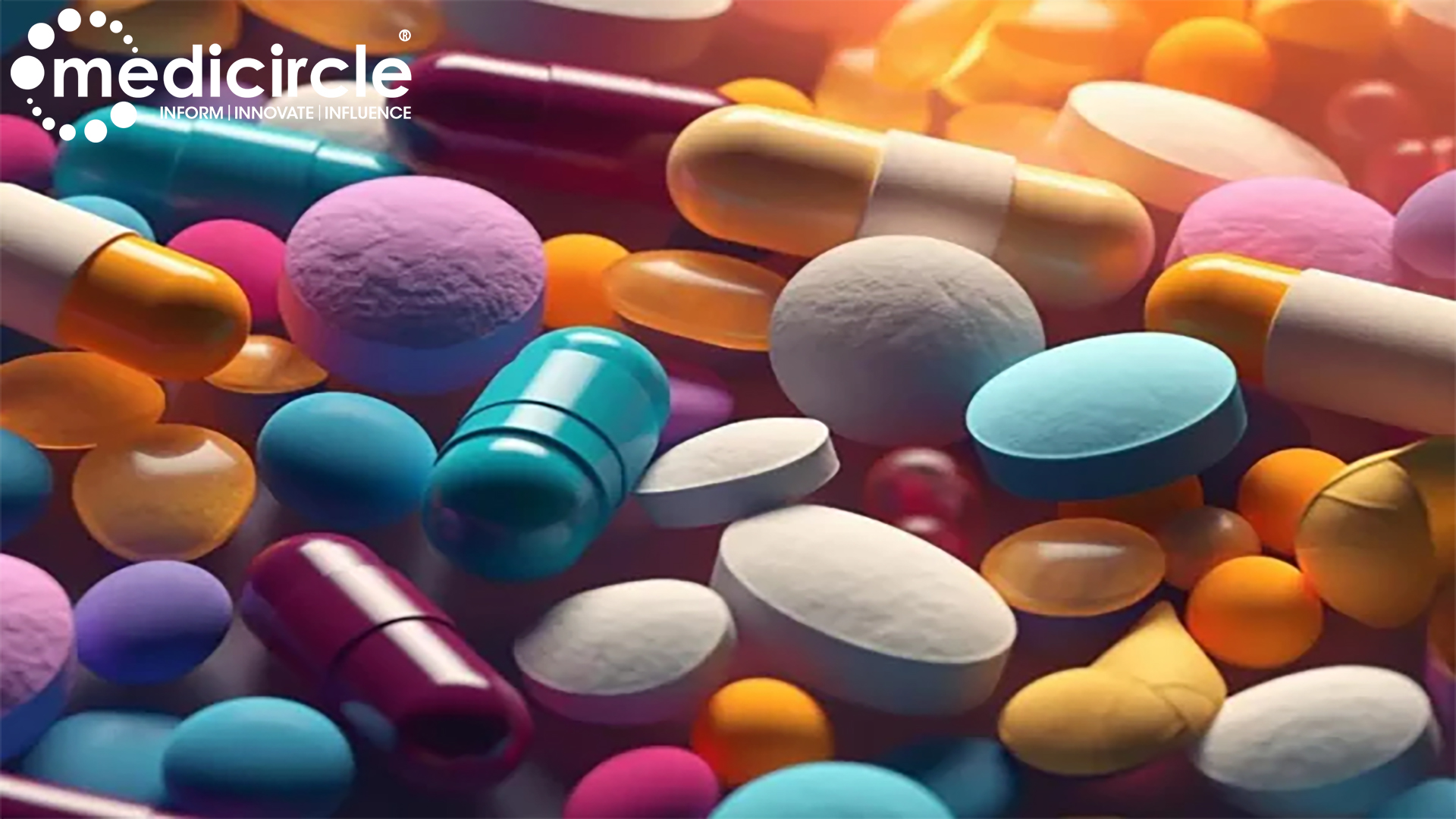The illicit use of amphetamines, the stimulants commonly known as ‘speed’, is linked to a 5-fold heightened risk of psychosis, finds a 10 year study published online in the journal Evidence-Based Mental Health.
This increased risk was seen across all age groups, but was especially noticeable among women and those who had been arrested several times for possession of the drug, the findings show.
The estimated global prevalence of amphetamine use is less than 1%, but around 1 in 10 users become addicted.
The drug’s impact on neurotransmitter signalling in the brain often causes psychosis, the symptoms of which mimic those of schizophrenia, with paranoia, voices, and hallucinations.
These psychotic episodes usually subside after a few days, but may persist for years in up to 15% of users.
While the link between amphetamine misuse and psychosis has been known for many decades, it’s not clear exactly what the magnitude is of this risk or how effective rehab is at successfully weaning users off the drug.
To try and find out, the researchers drew on information supplied to the Taiwan Illicit Drug Issue Database (TIDID) and the National Health Insurance Research Database (NHIRD) between 2007 and 2016.
The TDID contains anonymised data on date of birth, sex, arrest records and deferred prosecution for rehabilitation treatment for illicit drug users, while the NHIRD contains anonymised data on mental and physical health issues for the population of Taiwan.
The researchers identified 74,601 illicit amphetamine users and 298,404 people matched for age and sex as a comparison group from these records. Their average age was 33 and most (84%) were men.
Compared with those who weren’t using, illicit amphetamine users had poorer health: depression (2% vs 0.4%); anxiety (0.9% vs 0.3%); ischaemic heart disease (1.3% vs 0.8%); cardiovascular disease (0.8% vs 0.45%); and stroke (1.3% vs 0.7%).
By the end of the 10 year monitoring period, amphetamine users were more than 5 times as likely to experience psychosis than those who weren’t using after accounting for age, sex, and coexisting health issues.
The annual cumulative incidence rates for psychosis among the comparison group and amphetamine users were 77 and 468/100,000 people, respectively.
The number of new cases of psychosis was similar across all age brackets, but was more common in the amphetamine users among those aged 45 and above.
While the likelihood of psychosis increased in tandem with the number of coexisting conditions, overall, it was higher among illicit amphetamine users without coexisting conditions, suggesting a direct impact of amphetamine on inducing psychotic symptoms, say the researchers.
The risk of psychosis rose in tandem with the number of arrests, and fell when patients received psychotherapy for their addiction (rehab).
Those who had been arrested 5 or more times were more than 6 times as likely to experience psychosis, while users who went to rehab during deferred prosecution were 26% less likely to experience psychosis than those who didn’t.
This suggests that rehab may help to stave off the risk of subsequent psychosis, say the researchers.
In line with previous research, illicit amphetamine use in this study was associated with greater levels of anxiety and depressive symptoms as well as cardiovascular complications.
“Because persistent psychotic symptoms could represent a risk for cognitive decline in amphetamine users, identifying [those] with psychosis and providing treatment early might prevent subsequent damage of cognitive functions,” write the researchers.
But rehab is voluntary, and only offered to around 1 in 10 users, they point out.
By way of an explanation for the gender discrepancy observed, the researchers suggest that the detrimental impact of amphetamines on behaviour might be enhanced by the presence of oestrogen.
“Another possibility is that women arrested for illicit amphetamine use were particularly disadvantaged in comparison with men, with higher levels of trauma, lack of psychosocial support and stigma,” they add.
This is an observational study, and as such, can’t establish cause, nor was it possible for the researchers to quantify addiction as there were no validated measures of dose, frequency, amount of use or severity of dependence in the TIDID.
Illicit amphetamine use could also precipitate and aggravate schizophrenic symptoms, so it’s possible that amphetamine induces rather than causes the psychotic symptoms seen in amphetamine users, point out the researchers.
They conclude: “The relation of an induced paranoid psychosis with amphetamine abuse has been known for many decades. None the less, our findings are from a detailed and comparative analysis using a comprehensive and large population dataset.
“Furthermore, it would be worthwhile to investigate the health benefits and cost effectiveness of deferred prosecution for drug crime offenders by providing appropriate therapy for drug addiction.”

 Risk evident across all age groups, especially among women and serial offenders
Risk evident across all age groups, especially among women and serial offenders



































